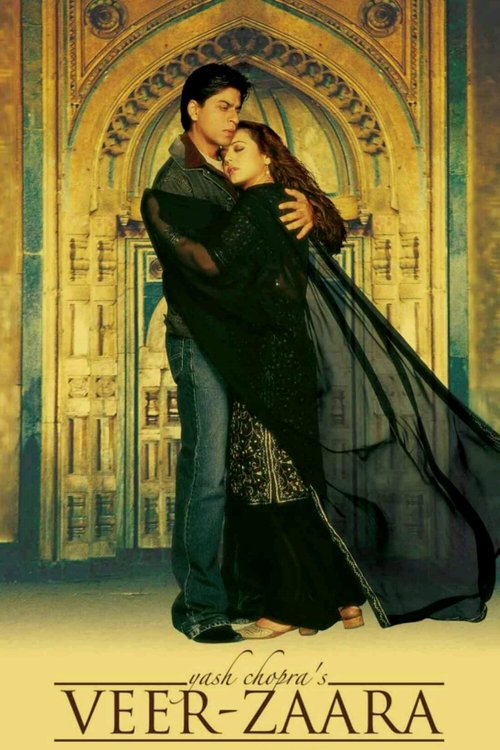
 No results found!
Please adjust your filters or try again.
No results found!
Please adjust your filters or try again.
Veer-Zaara

Squadron Leader Veer Pratap Singh, a pilot in the Indian Air Force, rescues the stranded Zaara, a woman from Pakistan, following a bus accident, and their lives are forever bound.







Please I don't know how to watch this video in this site